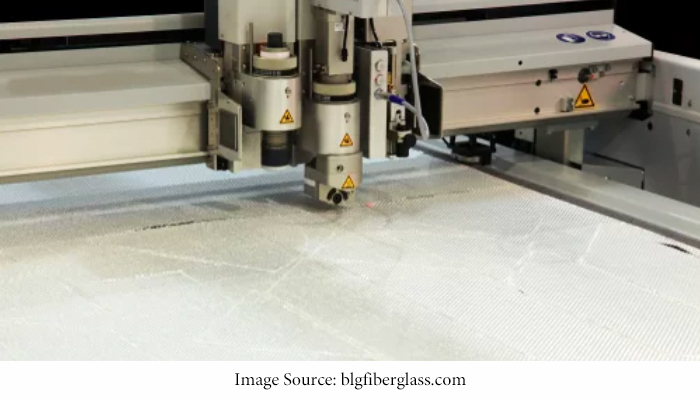Fibreglass is a versatile and affordable alternative to metal, wood, and concrete because of its strength and low weight. The unusual qualities of this material have several industrial applications. It combines the strength of glass with the flexibility of plastic.
BLG Fiberglass Manufacturing is a Sheet Molding Compound Components Supplier serving various industries worldwide. They supply the automotive, marine, Oil & Gas, and medical industries. They have a reliable and expert team that deals from prototyping to final product delivery.
Advantages of Fibreglass
- Strong yet lightweight material with high durability.
- With flexible molding, it enables intricate designs and shapes.
- Ideal for electrical insulation due to its strength, low moisture absorption, heat resistance, and low dielectric constant.
- Its excellent thermal conductivity and dimensional stability dissipate heat more quickly than asbestos and organic fibres.
- Except for hydrofluoric acid, hot phosphoric acids, and strong alkalis, fibreglass is highly resistant to most chemicals and does not mildew or degrade.
- It requires low maintenance because it is resistant to rot, corrosion, and decay.
- It is UV resistant and does not deteriorate when exposed to sunshine.
- Excellent tensile strength retains it from being pulled or stretched.
- It can be used in sports equipment, automotive, aircraft, and construction.
Types of Fibreglass
- E-glass: It is the most popular variety that has good chemical and electrical resistance.
- S-glass: Superior to E-glass in tensile strength, appropriate for high-performance applications.
- C-glass: It is corrosion-resistant and is utilized in chemical settings.
- A-glass: Used in cement applications and resistant to alkalis.
- D-glass: Ideal for electrical insulation due to its high dielectric characteristics.
- (AR) glass: It is alkali-resistant, which is used for reinforcing concrete and cement.
- R-glass: Used in composites, has high mechanical qualities and is resistant to acid and alkali.
Uses of Fibreglass
- Construction: Insulation, roofing, and wall panels.
- Automotive: Car bodies, hoods, and bumpers.
- Aerospace: Aircraft components, fuselages, and wings.
- Marine: Boat hulls and parts.
- Sports equipment: Surfboards, skis, and helmets.
- Electrical: Insulation, circuit boards, and varnishes.
- Industrial: Tanks, pipes, and chemical storage.
- Non-conductive energy: Used for safe walkways, and equipment enclosures.
- Food & Beverage: Safe containers, odor control, non-slip platforms, ladders, and gratings.
Fiberglass is gaining popularity in various industries. It is now being used frequently in our daily lives.




